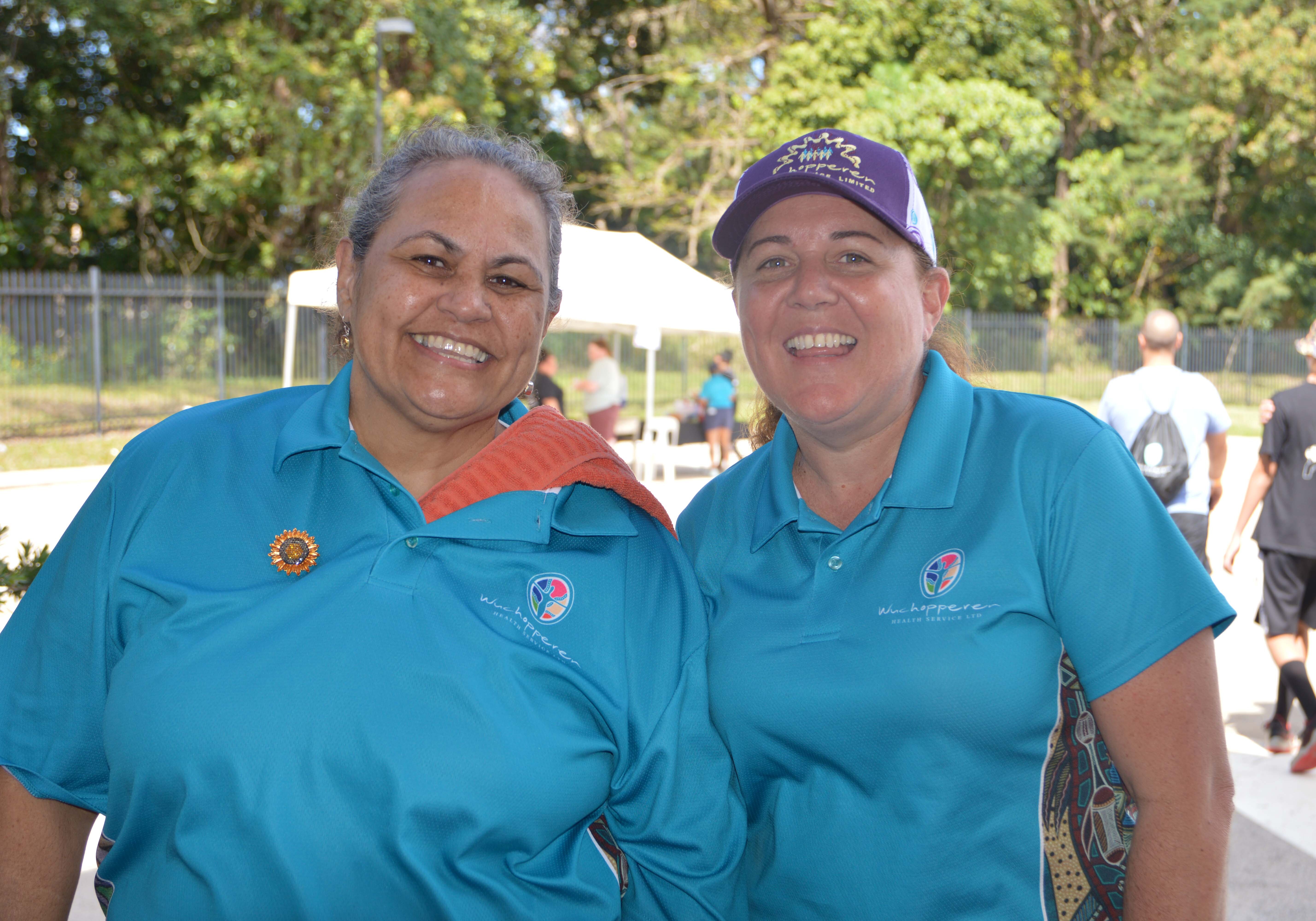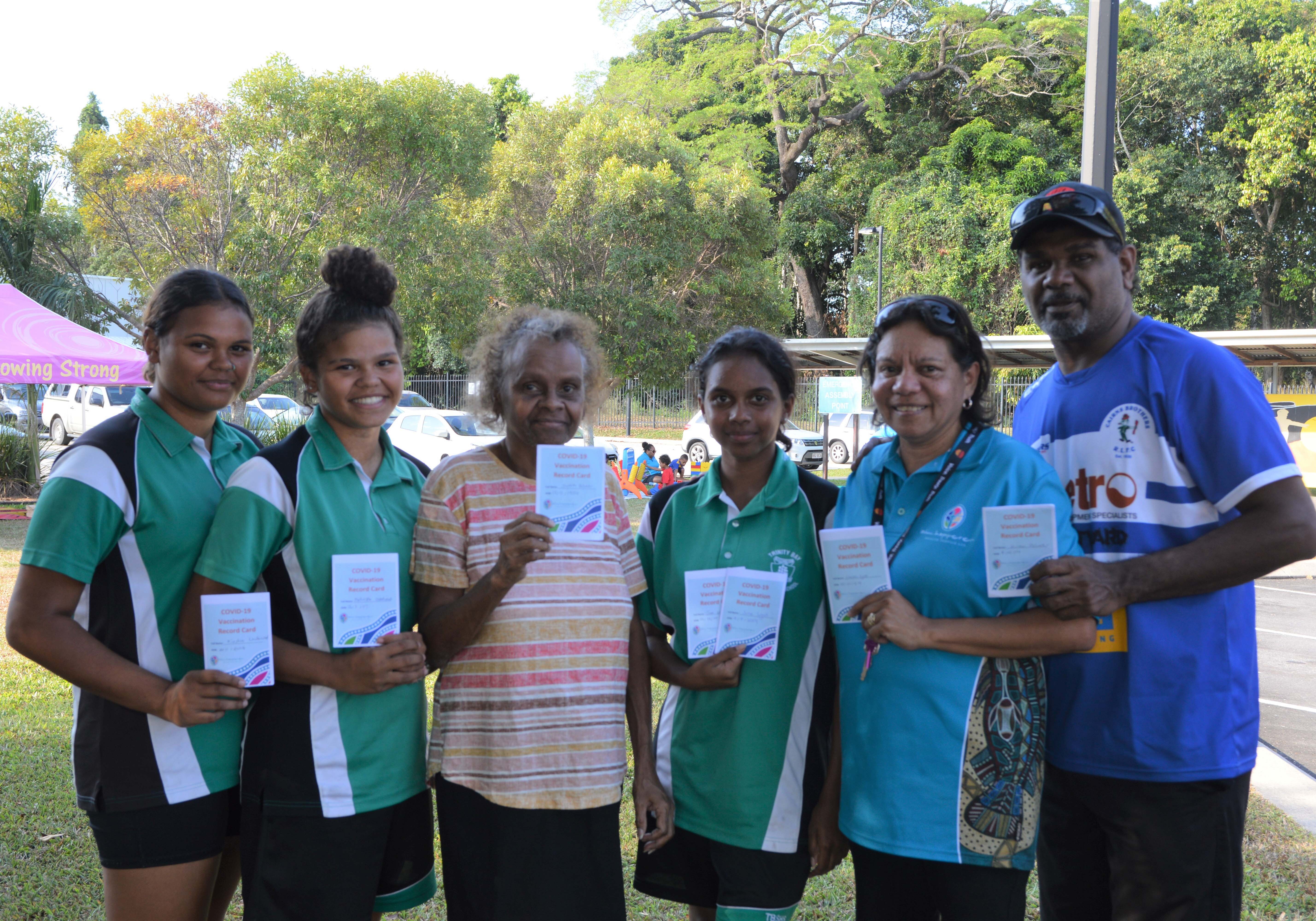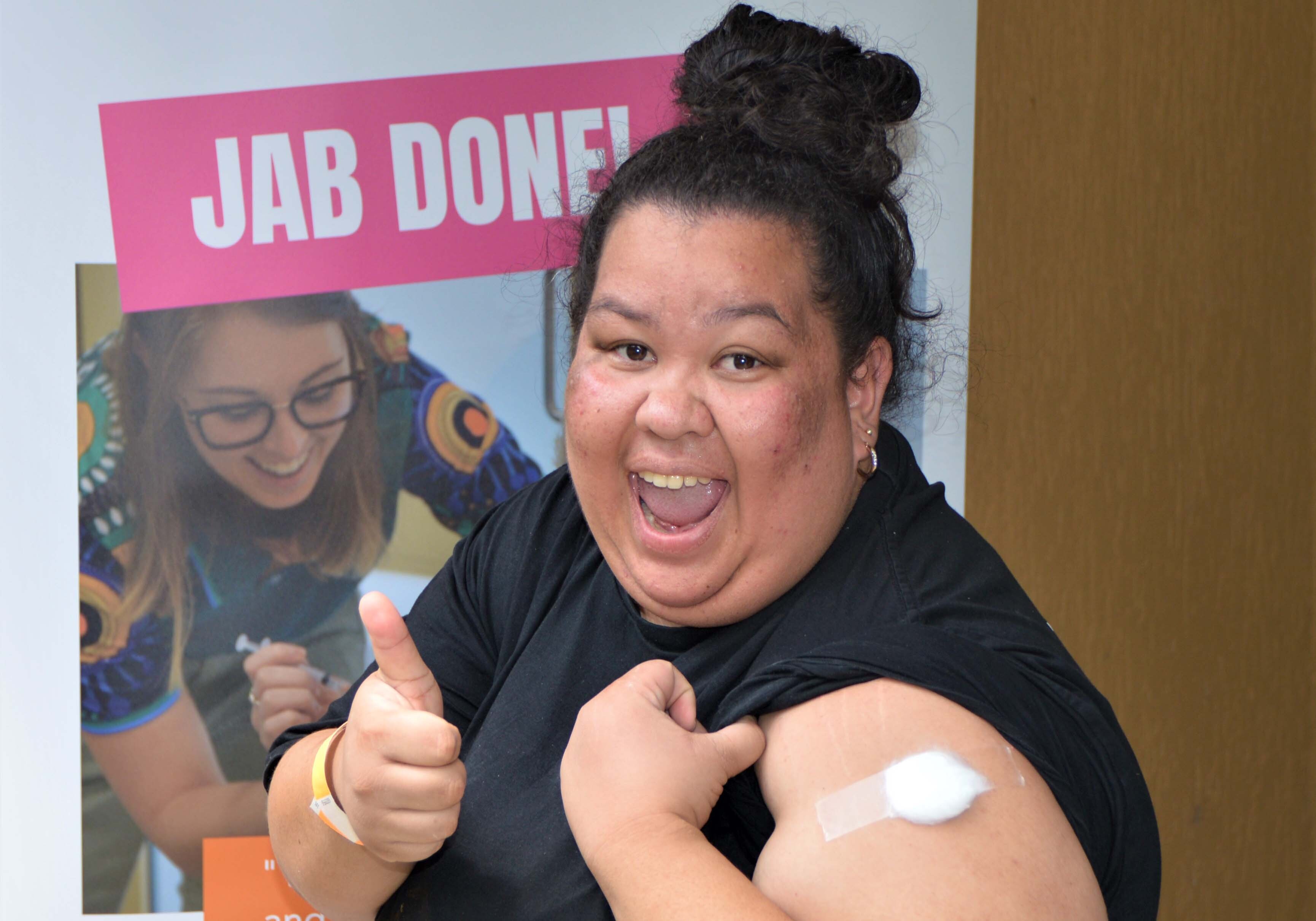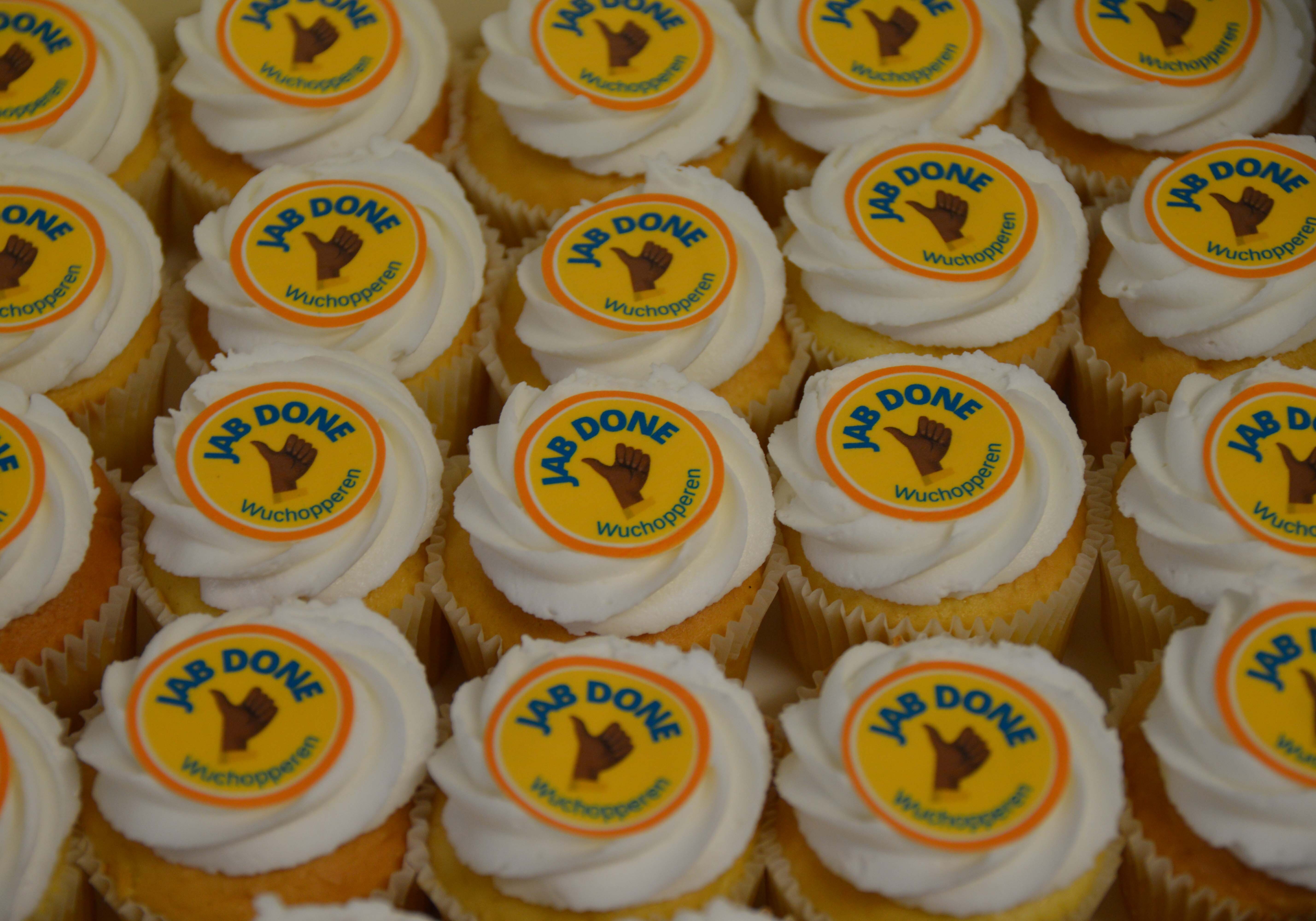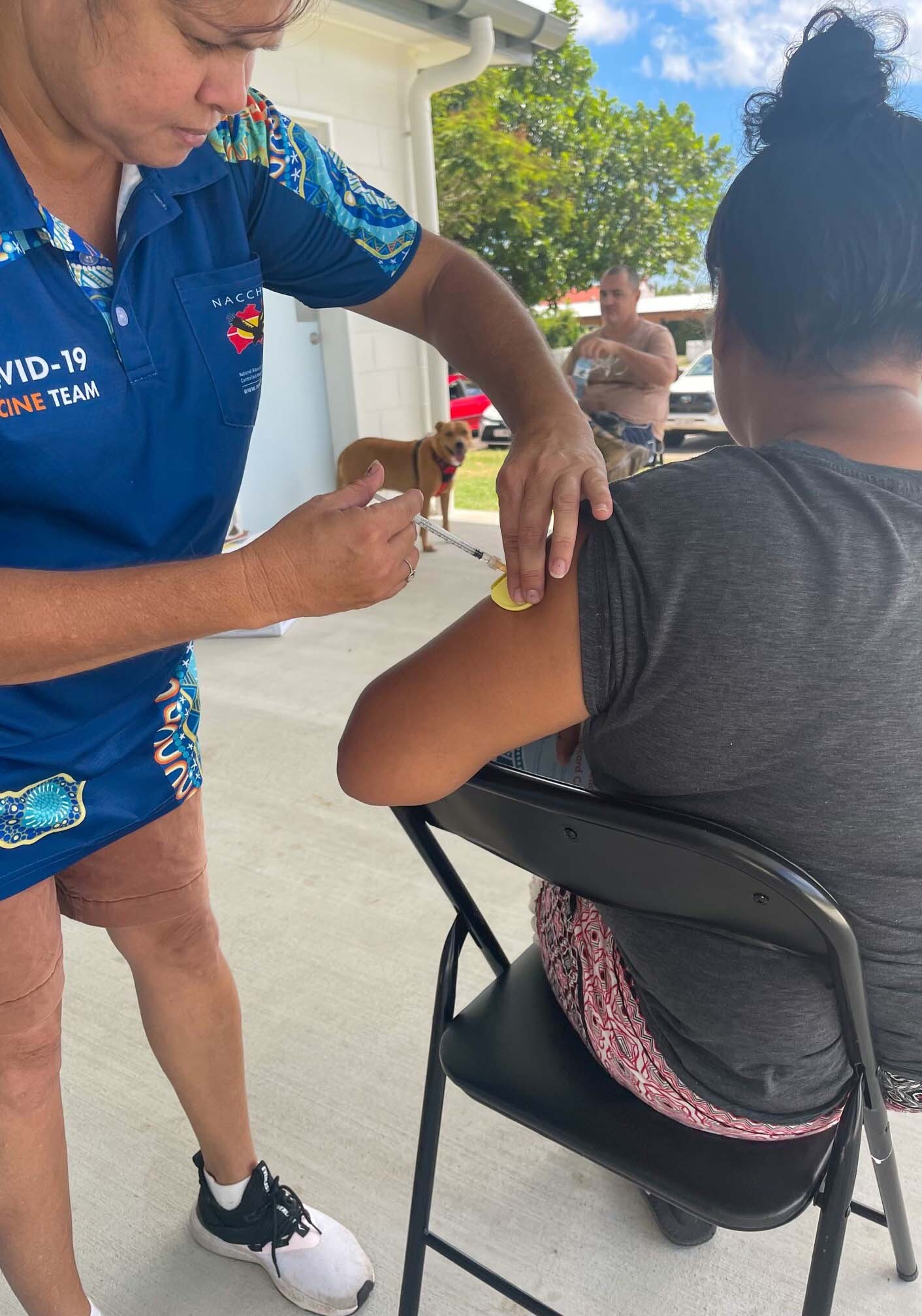This site may not work properly using older versions of Edge and Internet Explorer. You should upgrade your browser to the latest Chrome, Firefox, Edge, Safari, or any other modern browser of your choice. Click here for more information.
Your Stories
This is where we tell your stories, cover topical issues and promote meaningful initiatives.
Getting the #JabDone with Wuchopperen
Far North Queensland’s Wuchopperen Health Service discusses its unique engagement-focused approach to the COVID-19 vaccine roll-out, which includes community events, pop-up clinics and creating culturally safe spaces for conversations about the jab.
Wuchopperen Health Service is an Aboriginal and Torres Strait Islander Community Controlled Health Organisation that has been delivering culturally appropriate, comprehensive primary health care to Aboriginal and Torres Strait Islander people in the Cairns region of Far North Queensland since 1981.
CEO Dania Ahwang says it has taken dedication, innovation, and a great team to deliver the COVID-19 vaccine roll-out to their clients, but admits there’s still a lot of hard work to be done.
“Thanks to closed state and international borders we have been protected against COVID-19, but the pandemic has and continues to challenge us all,” Dania told CRANAplus in late October, as the countdown to open the Queensland borders to the rest of Australia in mid-December commences.
“We know that vaccines for COVID-19 are the best first line of defence to protect our community today and into the future, and not just everyone who gets the jab but everyone who is connected to that person, that family and their immediate and wider community,” she says.
“We acknowledge and thank the thousands of our clients who have already come forward and had the vaccine.
“We also respect that it is every community member’s right to have or to not have the vaccine – but as an organisation whose responsibility it is to improve the quality of life for Aboriginal and Torres Strait Islander Peoples, we won’t stop until we have had an informed discussion with everyone in our community about the risk of COVID-19 and the benefits of the vaccine, and we are confident that they understand how best to protect themselves and their family from this virus.”
Supplies may have restricted early vaccination numbers across Australia, but misinformation is also influencing vaccine uptake in Aboriginal and Torres Strait Islander communities, says Rachael Ham, Deputy CEO and facilitator of Wuchopperen’s COVID-19 vaccine roll-out.
“We have had an established vaccine clinic for months now, at our Manoora site, and seen a steady stream of people through the doors,” she says. “But in October numbers slowed and we believe hesitancy, driven by the lack of correct information, is to blame.
“Government campaigns have raised awareness about the availability of the vaccine and created discussion, but not always the right or correct conversation; and we need to turn that conversation around.
“So what we’ve been doing, and we’ve been learning and innovating as we go, is in addition to our Monday to Friday vaccine clinics, we’ve created additional safe and culturally appropriate spaces and opportunities for community to come forward and get that right advice, through a conversation they understand by a person they know and trust, and in an environment that is familiar and welcoming.”
Since late August, every three weeks, either on a Saturday or weekday evening Wuchopperen has held vaccine events in the style of a community celebration, featuring live music, a barbecue or traditional dinner, kids’ activities and entry to a lucky door prize for everyone that gets the #jabdone, a hashtag which has been central to the service’s unique engagement-focused approach.
“While our clients now live in the Cairns area, their families originate from all over Cape York, the Torres Strait and north Queensland and we all have one thing in common – we love to get together. We love our music, our food and a good yarn with family,” Rachael says.
“We have seen community members who got their jab at our first event come back for the second and third [event], bringing extended family members and encouraging them to get the vaccine.”
“This is how we as an organisation and a community work. We talk to each other, we trust each other. And with the majority of Wuchopperen staff identifying as Aboriginal and/or Torres Strait Islander people, we’re almost all connected in some way, and we love these events too. We’ve got deadly staff here.”
With more vaccine events planned, Wuchopperen knows that there will always be the ‘hard-to-reach people’ who won’t walk through the clinic gates, but they may drop into a park on the corner of their street. So ‘pop-up clinics’ in community spaces, sports fields, parks and community hubs have been added to the health service’s jabbing tool kit.
“These pop-up clinics are about getting closer to the front door of our community and answering their questions in a safe space and in a trusted way,” Rachael says.
“On our second day out in a local park, we had a lady who happened to be driving past and saw our ‘COVID VACCINE HERE’ sign. She stopped for a chat, she said she was a sceptic, she wanted more information and within about 10 mins she had her first dose. I’ll admit that felt so good.”
And while Rachael and the team are having wins, Dania admits that they’re also realists.
“We know that with every day we are getting closer to the opening of the Queensland borders and that will mean COVID in our community, which will mean our non-vaccinated, particularly our already sick and vulnerable clients, getting very sick, being hospitalised or possibly worse,” Dania says.
“Research tells us that if you are fully vaccinated you have less than 10 per cent chance of worst-case scenario if infected with the virus. That’s why we have got to find ways to encourage our community to get the jab. We’re not giving up. We will continue to innovate and adapt, work hard and walk the streets if we have to, to make sure we do everything we can to protect our mob.”
Want to share your vaccination success story in the CRANAplus magazine? Contact us.
